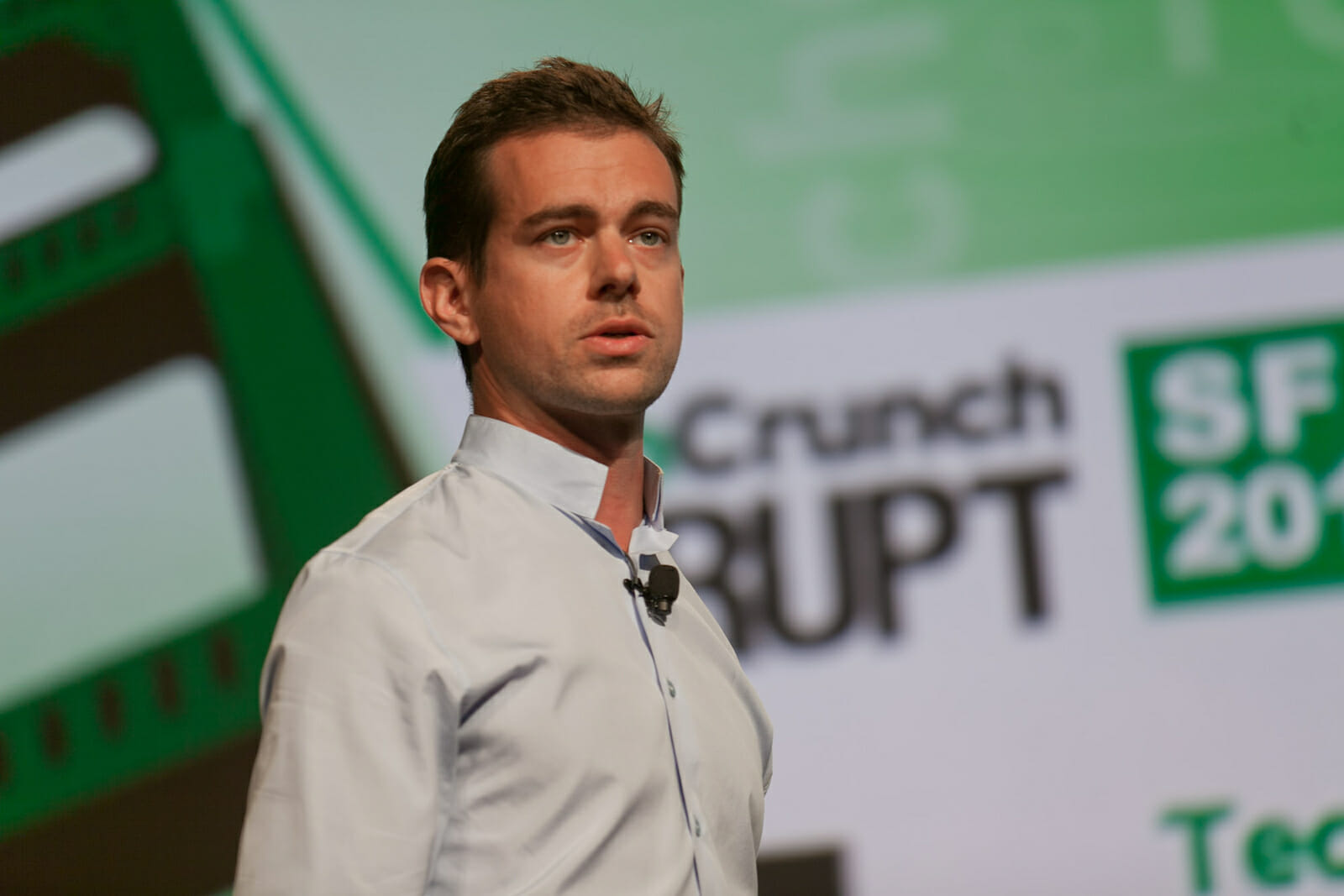
Tech
Twitter’s IPO: The Illusions of Technology
“This is the story of the next half-century as we effectively become cyborgs.” – Joshua Foer, New York Times Magazine, May 18, 2011
It says much that one of the great technological achievements of the last twenty years is a creation emphasising the writing of 140 characters, the tailored, high-speed medium of communication that has effectively created a virtual community, with a set of virtual ethics and codes of misconduct. It has become the parasite of conversations – one doesn’t so much have conversations as fingering sessions on blackberries and iPhones. The real, a term that has ceased being popular, is left behind.
Twitter addicts are incapable of actually having a conversation beyond the cyber community they have constructed. Therein lies salvation, and perhaps destruction, for them. Then comes the other side, one of revolt against such tendencies. Either you stay off it or at the very least escape the Blackberry world. This is an option suggested by Gwyneth Paltrow. Go to Spain, she suggests, where she assumes that a relaxed life repels the need to be on the grid. The Spanish “don’t always have their Blackberrys on.”
By all accounts, founders Evan Williams, Jack Dorsey and Biz Stone did rather well with the company’s IPO, a good showing given that such technology floats can crash with Icarus-like doom. “Kudos to Twitter for orchestrating a highly successful IPO,” said Lou Kerner of the Social Internet Fund. Then, the warning. “However, as Facebook showed, an IPO success, or disaster in Facebook’s case, is really just noise in the long term. Twitter’s success as a stock is going to be based on how the company performs.”
Other companies in the social media field have also taken the IPO plunge – Yelp, Zynga, Groupon, LinkedIn. For Twitter, shares opened on the New York Stock Exchange at $45, which placed the company’s value at $30bn. Seventy million shares had been offered at the initial price of $26, valuing the company at $18.34bn.
Analysts make their predictable predictions on the fortunes of the company. Cantor Fitzgerald of Youssef Squali, speaking in the obtuse, torturous language of marketing, wrote of how, “Twitter is based on a one to-one-all, all-the-time broadcast distribution model, and as such, fulfils and unmet need.” The model is “highly complementary to traditional media outlets (especially TV), and fulfils the need for up-to-the-minute, trending information in real time.”
What is the substance, as opposed to the form, at stake here? We know that Twitter does perform well – if you believe brevity to be the soul of wit. But monetising it has always been the great conundrum. It might have 230 million users worldwide, at a rough estimate, though it still posted a loss of more than $65 million in its last quarter.
Individuals like E-commerce Director Brett Holmes don’t see it as any more challenging that what is already in place. “Social media companies are legitimate advertising websites, no different than, say, Google or Yahoo. The same way Google made its money is the same way Twitter and Facebook will make their money.” Tara Clarke of Money Morning suggests that grandest of shibboleths: that the success of such advertising is dependent on insertion without detection, or, to influence the user “without impacting the user in a negative way.” Then comes that great challenge of keeping people on their accounts – incessantly, even permanently.
Of course, the instant idea of Twitter is not the world of advertising but the influence of what it has become outside its seemingly banal existence. It has played a significant role in organising groups and directing information. It has given birth to tweet activism, though this tends to be the cyber-version of hot air, virtual venting, activism via the click, the spurt, the dash.
It has been the lifeline in some natural disasters, used in emergency landings, and become the target of law-enforcement authorities concerned about its scope. It is used to troll, to bully, to harass. It is used to express unguarded views, resulting in sackings, demotions and retributions. Dan Olds, an analyst at Gabriel Consulting Group, adds another, not so exciting point: “it’s a great mechanism that celebs can use to embarrass themselves.”
Then there is an argument wishing that Twitter might go away, vanish into the ether of babble that seemingly produced it. Each technological innovation doesn’t necessarily result in neurological advances. Joshua Foer’s Moonwalking with Einstein is replete with such examples. There is much to be said that Twitter performs a powerful dumbing down function, stunting memory the way writing and printing began challenging the oral tradition. From Gutenberg to Biz Stone; from the written word to the Tweet. Pity the mind.
But the founders have certainly put their finger on the sometimes profound but often extraordinary ordinariness of human communication. In its economic debut on the NY Stock Exchange, one can’t deny that the medium itself had its day, creating a slew of paper millionaires, and even a billionaire in the form of Evan Williams, who owns 10.4 percent of the company. Its founders should enjoy the buzz, and hope it lasts longer than it takes to write 140 characters.

